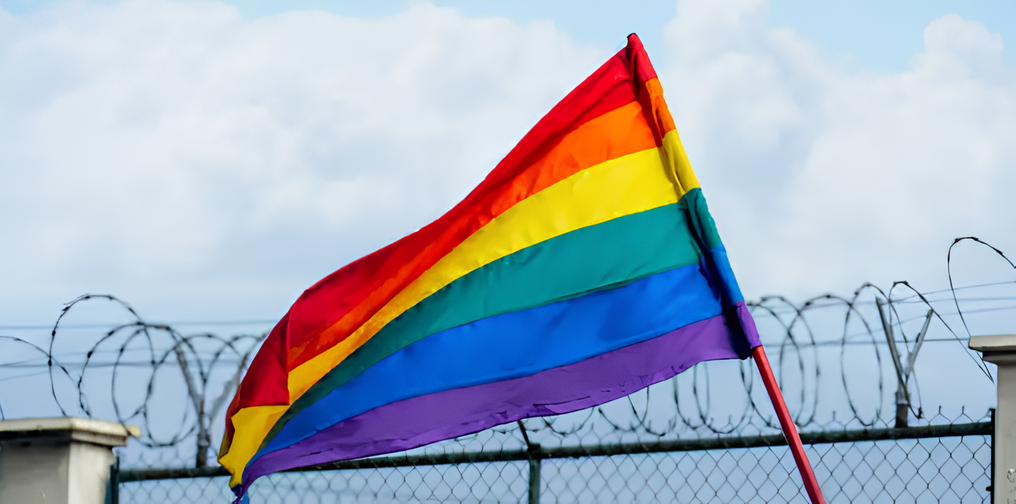On 23 July 2025, the International Commission of Jurists (ICJ), the AIRE Centre, the European Council on Refugees and Exiles, the Dutch Council for Refugees, Trans Europe and Central Asia and the European Region of the International Lesbian, Gay, Bisexual, Trans and Intersex Association (ILGA-Europe) submitted written observations in the case of M.S. v. Malta pending before the European Court of Human Rights. In this case, an LGBTI asylum seeker was detained upon arrival in Malta in April 2023 and, in May 2024, was issued with a return decision and a removal order to Bangladesh, a country where consensual same-sex conduct is criminalized and protections against discrimination are lacking.
The joint observations raise serious concerns under Articles 3 (torture prohibition), 5 (right to liberty) and 13 (right to an effective remedy) of the European Convention on Human Rights (ECHR). They focus, in particular, on:
- (i) the non-refoulement principle – namely, the obligation under international law, including the ECHR, to refrain from transferring individuals to States or places where there is a real risk of a violation of their rights under Article 3 ECHR, among others;
- (ii) the detention conditions for asylum seekers;
- (iii) the individualized assessment required prior to resorting to immigration detention;
- (iv) the lawfulness and necessity criteria for immigration detention; and
- (v) the effectiveness of remedies against it.
The interveners argue that, prior to any removal, Malta’s asylum procedures must ensure that the individual concerned will not face a real risk of treatment prohibited under Article 3 ECHR in the destination country, taking into account the specific risks faced by lesbian, gay, bisexual, transgender and intersex (LGBTI) persons. They further point to the risk of arbitrary detention without a proper individual vulnerability assessment, which may result in degrading treatment.
- The interveners submit that laws and regulations directly or indirectly criminalizing consensual same-sex conduct violate rights guaranteed by the ECHR and have a persecutory character on account of people’s real or imputed sexual orientation.
- The interveners submit that Contracting Parties must ensure not only that a remedy against detention is available, but that it is effective in practice. Furthermore, detention conditions must be dignified and take account of the specific needs of vulnerable detainees, including LGBTI asylum seekers.
- The interveners affirm that Contracting Parties must ensure that detention is not arbitrary, that alternative measures have been considered before resorting to immigration detention and found to be inadequate, and that detention is only used as a measure of last resort. Council of Europe institutions have repeatedly emphasised that individual assessments must be conducted, particularly, in light of asylum seekers’ inherent vulnerability and to allow additional vulnerabilities, if any, to be identified and addressed.
- The interveners submit that for individuals to benefit from their right to challenge the lawfulness of detention under Article 5(4) ECHR, they must be informed of the reasons for their detention, have access to legal representation, all relevant documents and be heard in person. Review procedures must consider all relevant facts invoked by the detainee and must be conducted promptly.
- The interveners submit that Contracting Parties must act in accordance with their obligations under European Union (EU) law, particularly those arising from the EU Charter of Fundamental Rights (CFR), the Reception Conditions Directive (RCD) and the Return Directive. These include the requirement that detention be a measure of last resort, following an individual assessment, and subject to due diligence. International obligations in respect of detention and removal, such as the prohibition of arbitrary detention under the International Covenant on Civil and Political Rights (ICCPR) and the non-refoulement principle under the United Nations Convention Against Torture and Other Cruel, Inhuman or Degrading Treatment or Punishment (UN CAT) must also be applied consistently.
Read the full intervention here.
For more information, please contact: Karolína Babická, Senior Legal Adviser at karolina.babicka@icj.org





